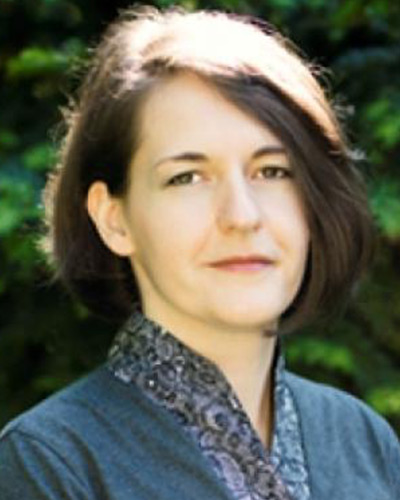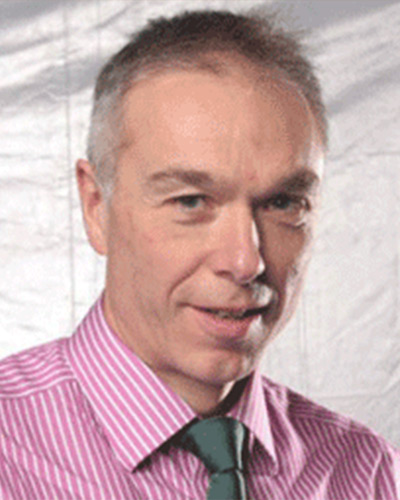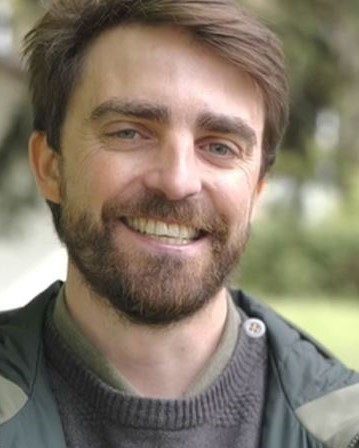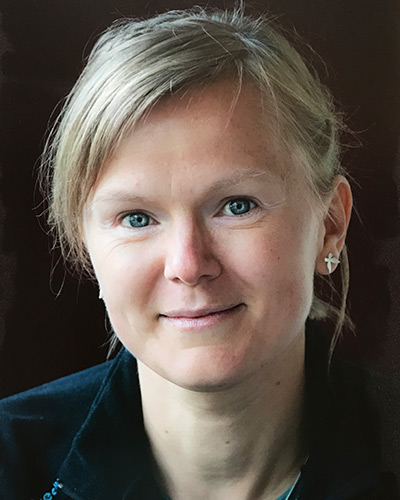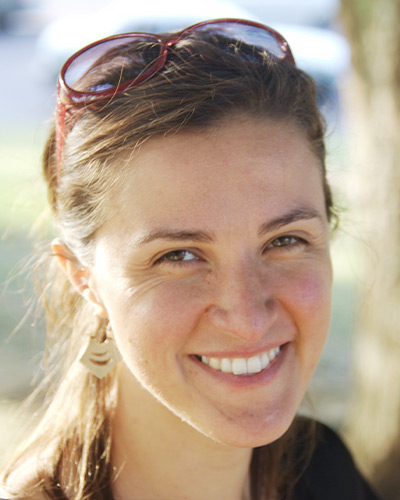The Knowledge Coordination Body (KCB) is one of the key governance structures of Eklipse. The KCB is responsible for selecting together with the Strategic Advisory Board (SAB) the requests Eklipse will process. In close collaboration with the Eklipse Management Body (EMB), its main responsibility is ensuring that requests from policy and other societal actors are answered through the coordination of joint evidence processes. The KCB also coordinates the identification of research priorities and emerging issues and encourages societal engagement. The role of the KCB is to act at the interface between the Expert Working Groups (EWGs), the different governance bodies, as well as with the requesters and possible end-users of Eklipse.
Read the KCB’s Guidance notes “the Knowledge Coordination Body” and ” Selecting the Knowledge Coordination Body” to learn more.
Three calls for nomination of experts in May 2020, May 2022 and again in May 2023 formed the basis for the selection by the Strategic Advisory Board of the Eklipse KCB .














